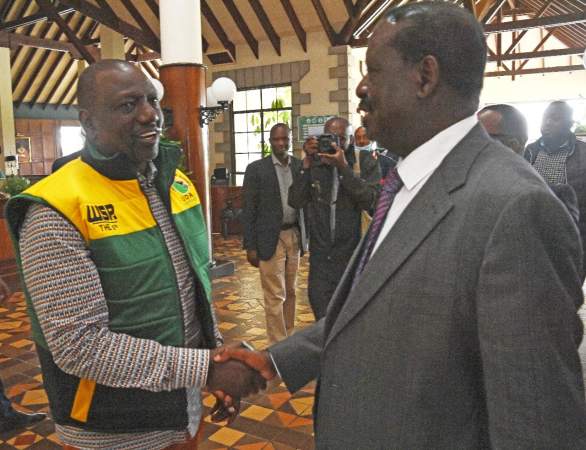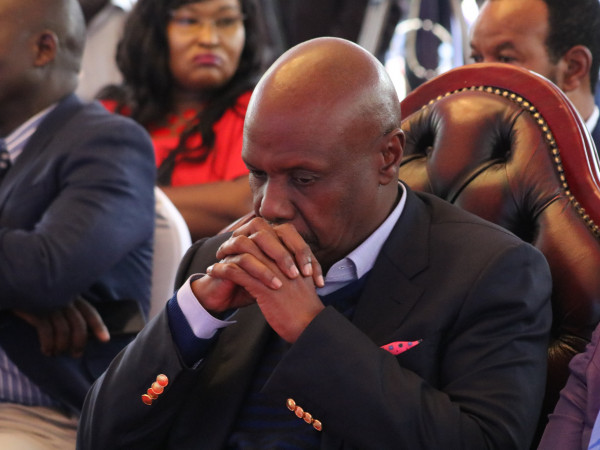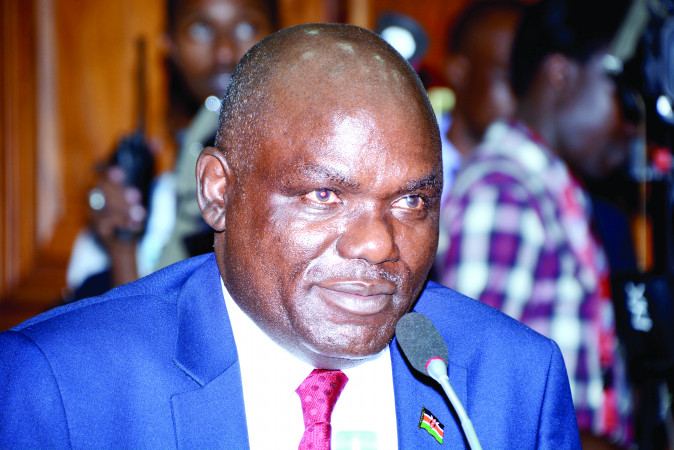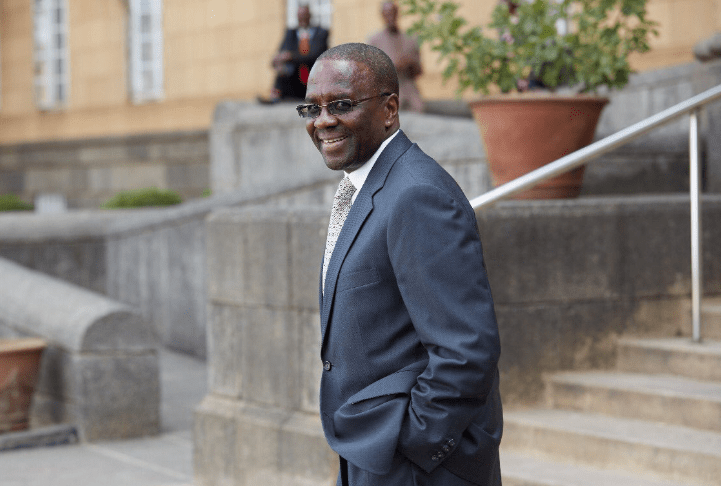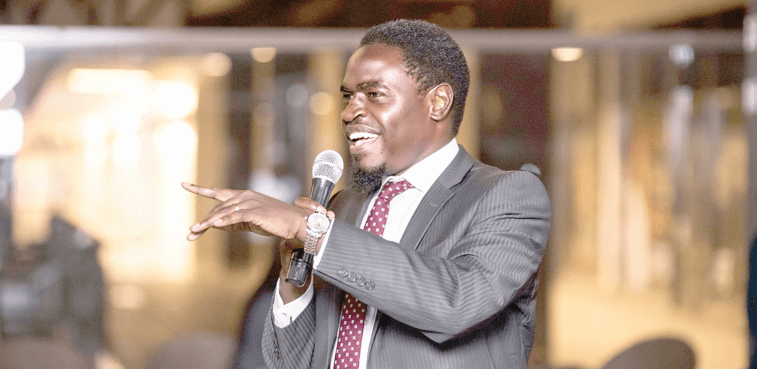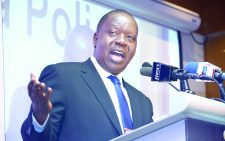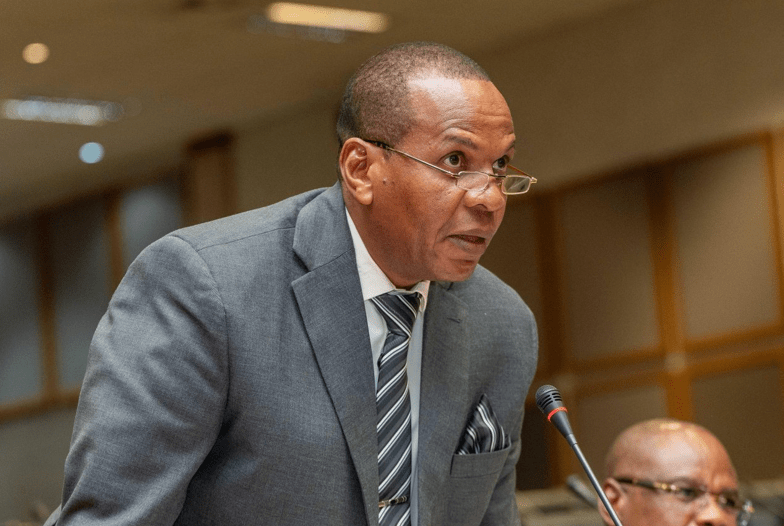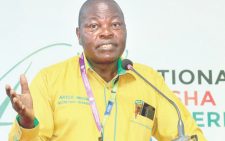2022 factor in counties funds sharing impasse
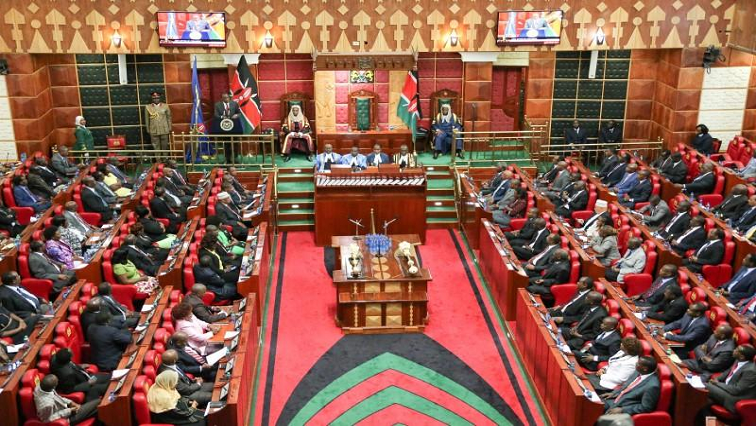
Political ambitions of senators eyeing governors’ seats in the 2022 General Election has been blamed for the counties revenue sharing formula stalemate that threatens to become a constitutional crisis.
The revelation emerged even as senators engaged in last-minute lobbying yesterday in a bid to reach a consensus ahead of today’s Special Sitting of the Upper House.
The controversy that has delayed disbursement of Sh316.5 billion to the counties has divided the Senate down the middle, thrusting some senators in a catch-22 situation.
Those caught in the mix are senators with intentions to seek the governorship position, who fear that any decision that could lead to a drop in allocation of funds to counties will give ammunition to their rivals.
They are likely to be accused of participating in a process that led to loss of revenue.
Some governors, especially from northern Kenya and the Coast, have warned that they will not accept the proposed formula if it will lead to a drop in revenue allocation.
In an interview with People Daily yesterday, Senate Speaker Ken Lusaka said the Senators will meet at 11am today to try and build consensus even as he denied claims that President Uhuru Kenyatta was keen on them passing the formula at all costs.
The Senate will later in the afternoon hold a Special Sitting to seek consensus on the issue, with concerns being raised that the stalemate could lead to a constitutional crisis.
“It is us (Senate leadership) who told the President that we will have a Speaker’s Kamukunji on Monday morning then a Special Sitting in the afternoon to pass the formula,” Lusaka said.
“The Finance and Budget Committee have a paper which they will be presenting on Monday,” he added. Sources told People Daily that senators from the counties, which could lose revenue, had secured the support of their colleagues from the “winning side” but whose benefit from the formula was largely insignificant.
Secret meeting
The sources said that lawmakers whose counties are losing accumulative sum of Sh17 billion held a secret meeting, reaching out and making frantic calls to their colleagues in a bid to shore up their numbers to shoot down the formula, which they claim will disenfranchise and further marginalise their regions.
So far, the 18 losing counties mainly drawn for Northern, Eastern and Coastal regions, are said to have won the support of four senators to their fold, including Johnson Sakaja (Nairobi), Sam Ongeri (Kisii), Moses Kajwang’ (Homa Bay) and Kajiado’s Philip Mpaayei.
The Senate leadership, it is understood, was also said to be involved in last-minute efforts to bridge the gap on the contested formula.
The proposed formula has divided senators in the middle, with those from counties with high populations backing the proposal, while representatives from counties with large landmass, but sparse population, have been left crying foul.
Yesterday, Senate Majority Whip Irungu Kang’ata said they had decided to discuss various options to achieve consensus, not just the Finance Committee proposal.
Makueni Senator Mutula Kilonzo Junior, whose county is among the losers, confirmed that various proposals for the formula and other options will be floated during this morning’s Kamukunji before a known position is taken to the floor by the Committee on Finance and Budget.
“The formula currently on the floor is very unpopular. It has to be withdrawn or alternatively tabled it in an amended form,” Mutula said.
He continued to say: “Because, there are at least three options given. If we agree, of course, we mute at some point, on the floor, because Kamukunjis can be chaotic . . . that is why it will be us (senators) alone.
We are still trying to use our good offices to get a good deal for everybody,” he said.
Mutula, who is also the Minority Whip, however, warned that the controversy that has dogged debate around the revenue sharing was far from over.
“The problem is not the formula. The problem is how we mitigate the losses. One thing we have all agreed is that we need a new formula.”
Mandera Senator Mohamed Mahamud, who is eyeing the county’s governor’s seat, has sworn to oppose any formula that will see his county lose up to Sh2.3 billion of its annual revenue allocation.
Mahamud said land mass must also be taken into account arguing that it was a challenge to provide service to people, especially in vast counties. “This is unacceptable.
There is no way a formula can make counties lose and others gain. Ideally, there should be no loser or gainer,” Mahamud said.
“I think something is being done somewhere . . . we won’t accept our counties to be marginalised. We have had a long history of marginalisation.”
Kitui Senator Enoch Wambua, who is also eyeing the Kitui governor’s seat, contended that the plan to take away money from some counties amounts to killing devolution.
“If we begin to deny certain counties money and others gaining, there can be no better way of killing devolution,” Wambua said.
Under the proposed formula, Kitui will lose Sh432 million while Mandera’s allocation will drop by Sh2.3 billion. Isiolo’s Fatuma Dullo, who is keen to oust Governor Mohammed Kuti in the next polls, said that they will oppose the formula to the core.
“My county is losing Sh869 million and our budget is Sh4.9 billion. It means that we are going to close down Isiolo County,” she said.
Divisive issue
But Kirinyaga Senator Charles Kibiru, who chairs the Finance and Budget committee, which has been tasked to come up with an agreeable formula, cited the land mass criteria as one of the most divisive issues.
“That is the most contentious. If we deal with the current formula and we get Sh30 billion, and we get 8 per cent that they have recommended in the current formula, for purposes of allocating money to land, 70 per cent of that figure would go to only 10 counties,” Kibiru said.
He further said: “So the point we are saying is that let’s look for a better way of distributing resources.”
His county will gain Sh762 million. According to Kibiru, money should follow county functions.
“What we are saying let’s do the cost of service delivery. If it is Wajir or Marsabit, how far does is take a doctor or a surgeon to reach a patient.
“They travel distance X which probably would be longer than Kirinyaga or any other county. Mathematically, for you to be able to calculate that, you get a square root and that is all that we are doing,” he said.
To address the conflict, the Kirinyaga lawmaker who is also eyeing the gubernatorial seat, urged his colleagues to adopt the moderated the Commission for Revenue Allocation formula, which according to him, ensures equity in all the parameters.
“Then we put in a clause of the commencement date so that we don’t have counties currently losing but that comes next year.”
